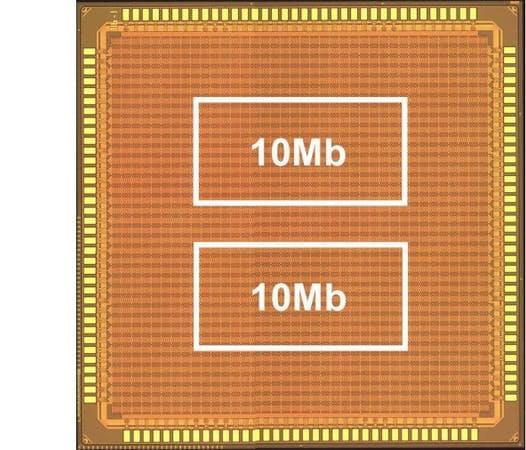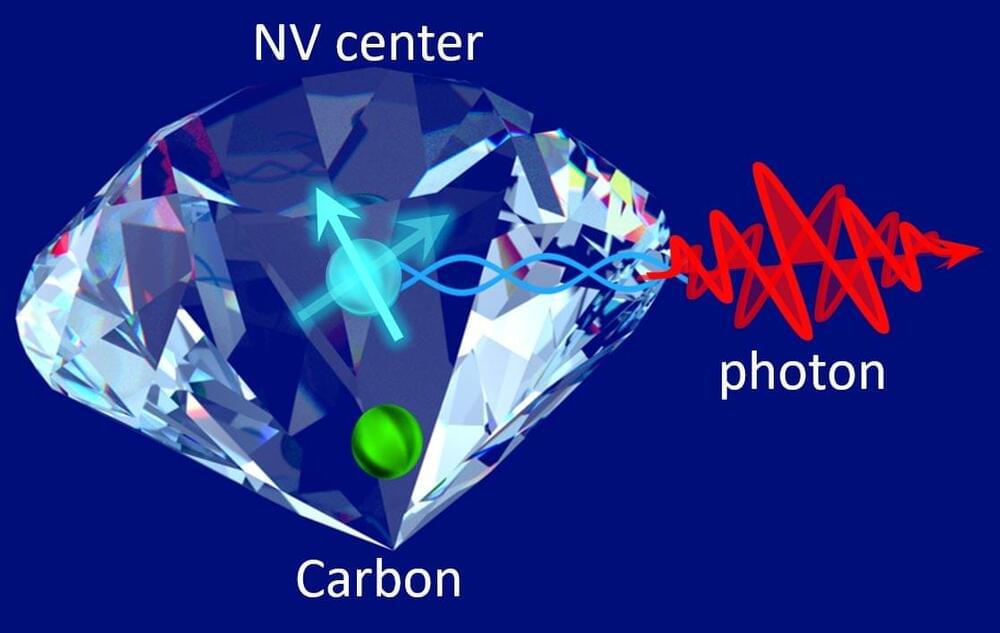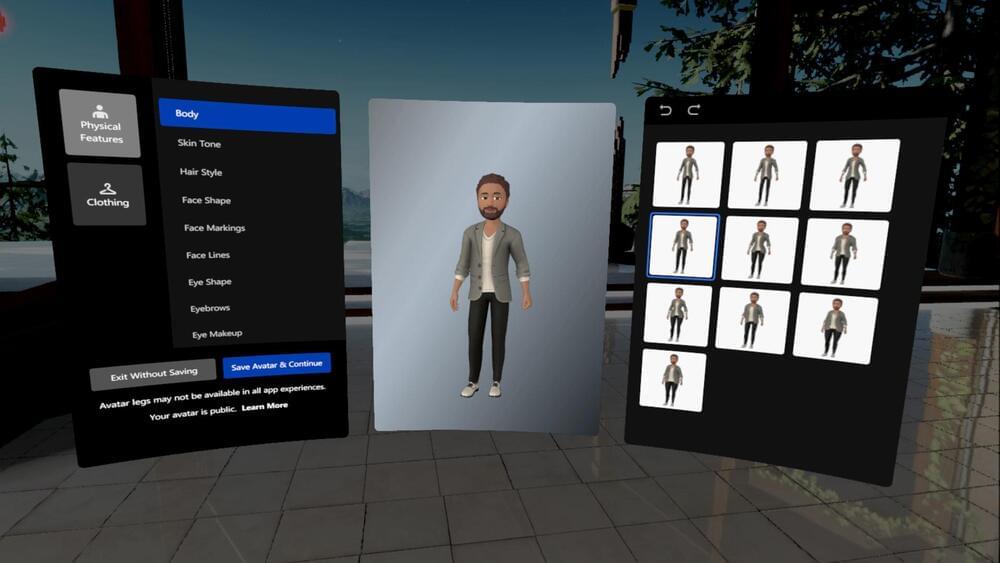Semiconductor specialist Renesas has announced two new technologies designed to dramatically improve the efficiency of embedded devices built for the Internet of Things — by reducing the power required to write into RAM.
“With the accelerated spread of IoT technology in recent years, there has been strong demand for reduced power consumption in microcontroller units (MCUs) used in endpoint devices,” the company claims in its technology announcement. “MRAM requires less energy for write operations than flash memory, and is thus particularly well suited for applications with frequent data updates.”
“However, as demand for data processing capability surges for MCUs, the need to ameliorate the trade off between performance and power consumption increases. Therefore, further power consumption reduction remains a pressing issue.”








